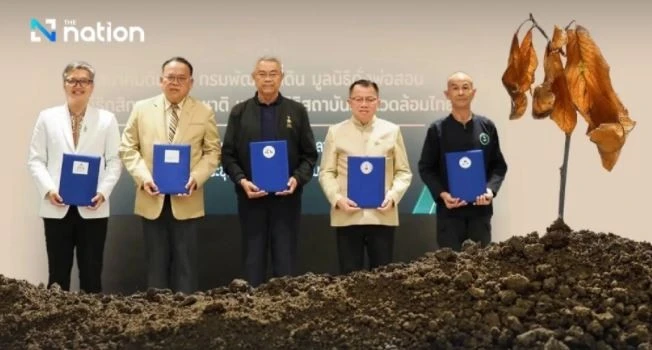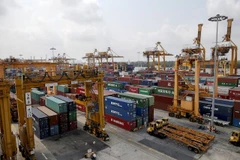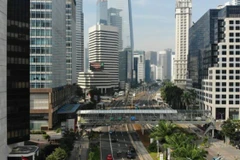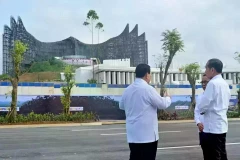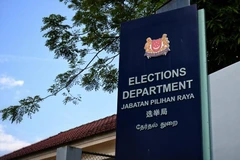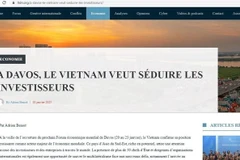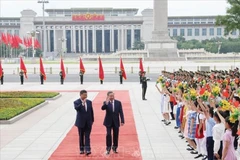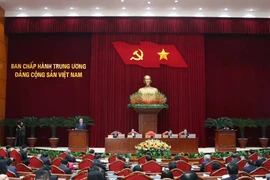Bangkok (VNA) – A Memorandum of Understanding (MoU) to tackle soil degradation in Thailand was signed recently as 33% of the country’s soil has been degraded, The Nation reported on January 22.
Under the first phase in the next three years, agencies under this MoU signed with the Thailand Environment Institute (TEI) will boost awareness on the importance of soil and how to manage soil in a sustainable manner among the public and private sector.
Soil is important for food security and maintaining the balance of the ecosystem, said Taweesak Tanadechopol, director-general of the Land Development Department, pointing out that the rising population and demand for residences were among the reasons behind soil degradation in the country.
Lack of awareness on soil preservation was also a factor that led to soil degradation, most of which occurred on agricultural lands, he said.
TEI President Wijarn Simachaya reiterated that soil is crucial for human survival and biodiversity, saying that soil helps boost the growth of plants so they can mitigate carbon dioxide emission.
The institute has collaborated with several agencies on projects to preserve the environment so Thailand can achieve its carbon neutrality goal in 2025 and net-zero carbon emissions by 2065, he said.
Wiwat Salyakamthorn, President of the World Soil Association, said the MoU meets the 17th Sustainable Development Goal on partnerships to tackle soil resources.
He expressed his hope that the MoU will mark a milestone in boosting awareness on soil recovery for food security, biodiversity, and sustainability in Thailand./.
